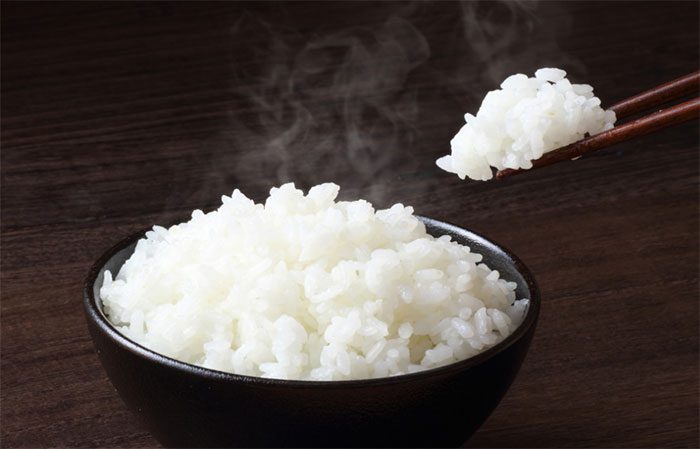Completely eliminating carbohydrates from your diet or following a long-term low-carb diet can lead to numerous health issues.
Carbohydrates have long been viewed as the “culprit” behind weight gain, prompting many to remove them entirely from their meals in an effort to maintain their figure. However, carbohydrates are one of the primary energy sources for humans, providing many essential nutrients that other foods cannot replace. Completely cutting carbs from your diet can lead to various health consequences and may hinder your weight loss efforts.
1. Completely Reducing Carbohydrates

Carbohydrates are found not only in white rice but also in various vegetables and whole grains.
Carbohydrates are the main energy source for the body. Eliminating them completely in the early stages of dieting can easily lead to energy deficiency, fatigue, metabolic disorders, and may result in headaches, nausea, and insomnia.
Carbohydrates are not only found in rice. They are also present in many vegetables, legumes, and whole grains. If you completely cut carbohydrates, your body will lose an important source of fiber, negatively impacting digestion and leading to frequent constipation.
2. Reducing Carbohydrates at Night
Many people avoid carbohydrates in the evening to lose weight. Nutritionists assert that carbohydrates and fats not only provide energy but also help improve sleep quality. If you completely eliminate carbohydrates, you may find yourself craving snacks more often, as you will feel hungry more quickly, leading to poor sleep.
3. Increasing Protein and Fat When Reducing Carbohydrates

Excessive protein and fat can lead to weight gain and metabolic disorders.
Carbohydrates, the main component of starchy foods, play a crucial role in the body. In the past, when food was scarce, rice was the primary energy source. An adult could consume 3-4 bowls of rice per meal without facing obesity or metabolic disorders. Today, even with maximum carbohydrate reduction, many still face metabolic issues. One of the primary reasons is a sedentary lifestyle and increased protein and fat consumption to compensate for energy, leading to excess fat and resultant weight gain.
4. Following a Low-Carb Diet for an Extended Period
A low-carb diet restricts carbohydrate intake (starch, sugars) while increasing the proportion of protein and fat in meals. According to nutrition experts, this diet can be effective for short periods but should not be extended or adopted as a lifelong eating plan. A lack of starch and sugars can lead to body weakness. Consuming too much protein can overload liver and kidney functions. Additionally, excess protein can increase calcium excretion through urine, which is not beneficial for bone health. If after six months of following a low-carb method you do not achieve the desired weight loss, consider switching to another method or consulting a nutritionist.


















































